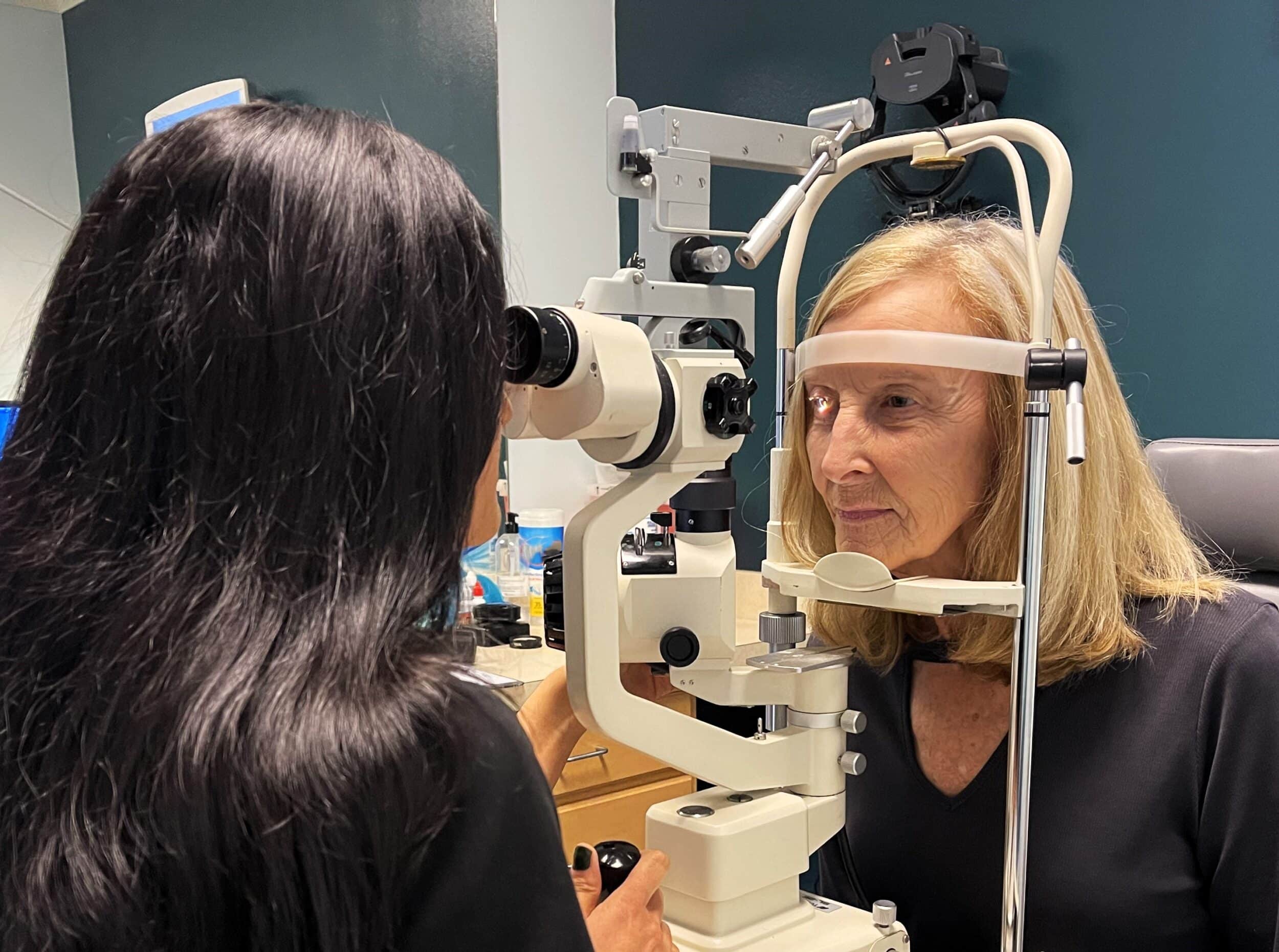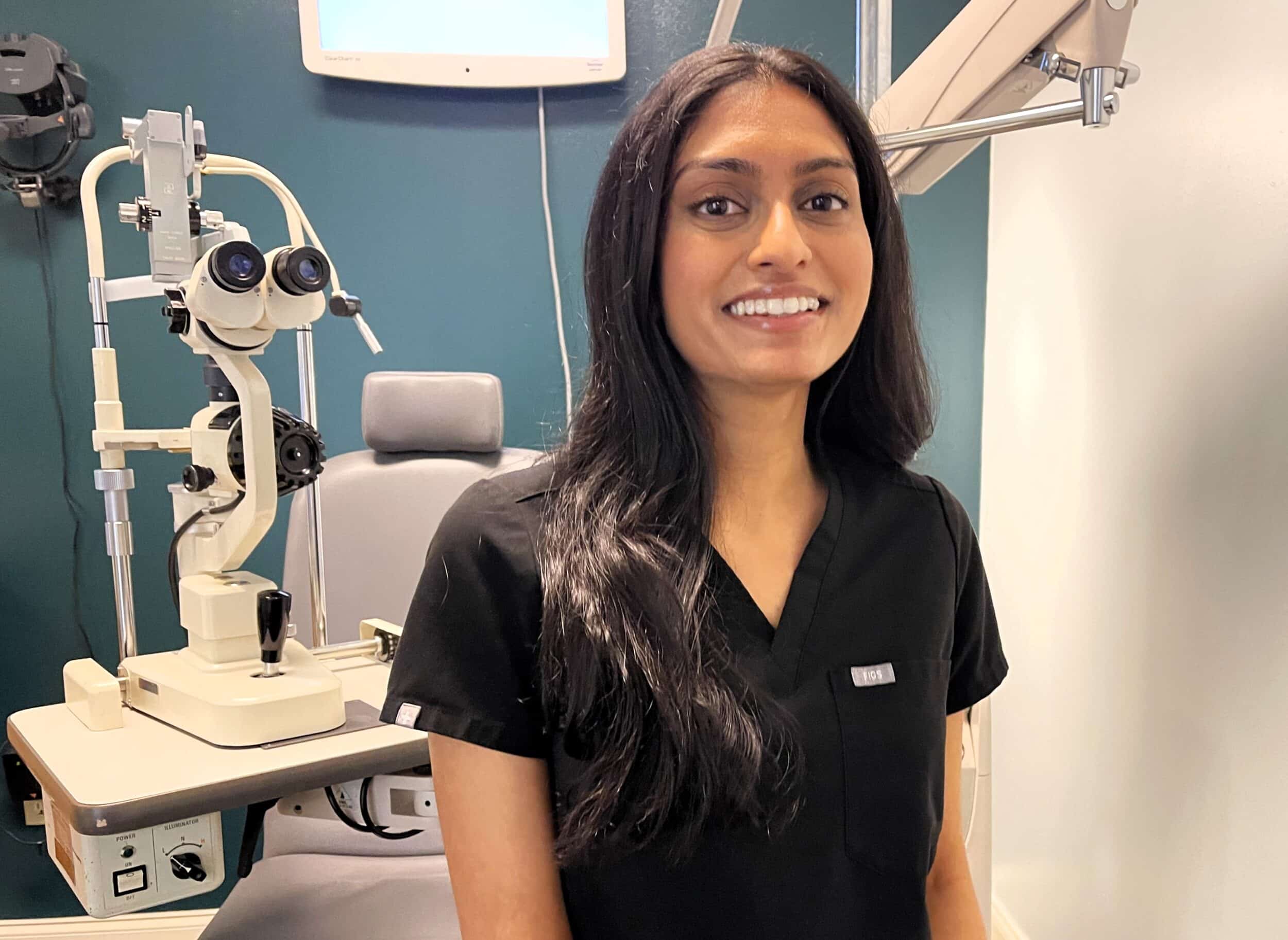Want Better Vision for Life? 3 Tips to Keep Your Eyes Healthy!

The differences between men and women are more than biological—they extend to nearly every area of life.
That’s especially true regarding vision health. Women on average have higher incidences of certain eye conditions than men, for a number of reasons that include two of the major life stages unique to women.
“Women are more susceptible to certain eye diseases due to their longer life expectancy, as many eye conditions develop with age,” says Dr. Himali Patel, a Therapeutic Certified Optometrist with Hattiesburg Eye Clinic. “Hormonal fluctuations during pregnancy and menopause can also have an impact on vision, though eyesight changes occurring during pregnancy usually resolve postpartum.”

According to Dr. Patel, common eye conditions women face can range from minor irritations to serious diseases that could cause significant vision loss.
“Women are especially susceptible to eye conditions such as dry eye syndrome, which affects premenopausal women at twice the rate of men,” says Dr. Patel. “But women are also at high risk for age-related macular degeneration, and autoimmune diseases like thyroid eye disease and lupus, which can cause inflammation, blurry vision, and dryness. And they face a higher risk of developing cataracts and glaucoma.”
During Women’s Eye Health and Safety Month this April, Dr. Patel and her colleagues are calling attention to these and other eye conditions that directly affect women. They’re also offering guidance on what women can do to minimize the impact of these conditions, now and in the future.
Here, then, are 3 key recommendations Dr. Patel offers women to protect their eyesight, both for today and tomorrow.
Undergo regular eye exams. Early detection often factors significantly in how effective treatment and management will be for many serious eye conditions. A regular, routine eye exam is often the best way to uncover conditions in their beginning stages. “Women have a much better chance of protecting their eyesight if they schedule routine eye exams annually, especially after age 40,” says Dr. Patel.
Maintain a healthy lifestyle. Vision health is closely linked to a person’s overall health. In fact, metabolic conditions like diabetes can cause serious eye and vision damage. Dr. Patel advises minimizing the risk of these kinds of diseases by adopting good lifestyle practices. “To reduce the risk of conditions like diabetic retinopathy, women should maintain a healthy diet, get plenty of exercise, and avoid smoking.”
Protect your eyes from Injury. Life has its hazards, especially if you’re physically active. It’s prudent, then, to guard your eyes with protective eyewear that fits the occasion. “It’s important to wear UV-protective sunglasses during extended time outdoors or while driving,” says Dr. Patel. “Likewise, you should also wear safety glasses while playing certain sports or working in potentially hazardous conditions. Protection is essential to long-term eye health.”
Although the risks women face for potential vision problems shouldn’t be taken lightly, a future burdened with impaired eyesight isn’t inevitable. Following these guidelines can certainly help tip the odds in your favor for a lifetime of good vision.
To learn more about Hattiesburg Eye Clinic’s comprehensive eye care, be sure to visit our website. To find out how Hattiesburg Eye Clinic can improve your vision health, call 601-268-5910 (or toll-free 800-624-8254) or schedule a consultation with us at www.hattiesburgeyeclinic.com/contact-us/.


